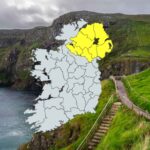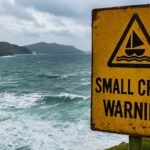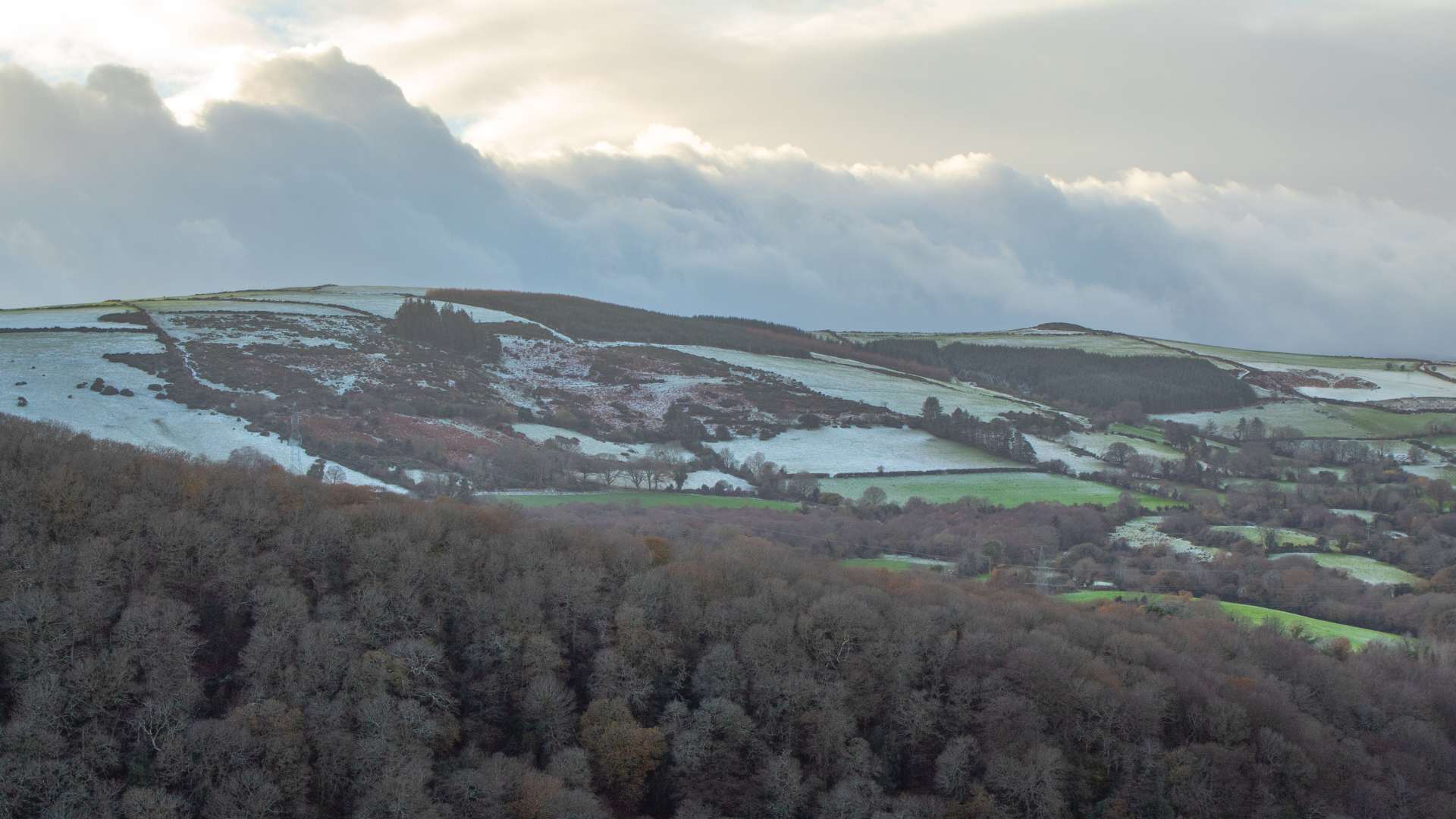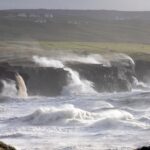
Ireland’s Seabird Habitats at a Crossroads
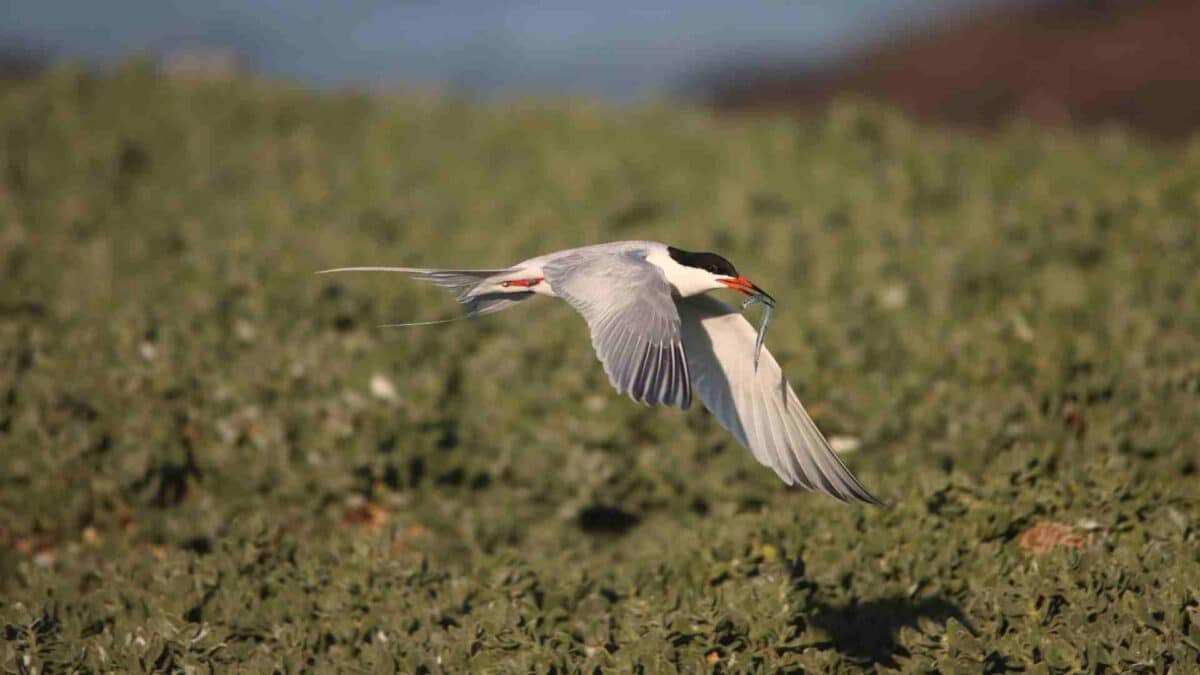
BirdWatch Ireland has revealed 73 of the country’s most vital seabird breeding and feeding sites—including 24 newly identified marine hotspots—calling on the government to urgently step up protection.
These sites, now officially recognised as part of a global network of Important Bird and Biodiversity Areas (IBAs), represent a lifeline for species such as the endangered Manx Shearwater and Roseate Tern.
With 23 out of 24 Irish breeding seabird species listed as Red or Amber Birds of Conservation Concern, the warning signs are clear: urgent action is needed to stop the decline.
Despite commitments to protect 30% of Irish marine waters by 2030, just 1.6% of Ireland’s Exclusive Economic Zone currently has legal seabird protection. BirdWatch Ireland is demanding the government immediately designate these crucial marine IBAs as Special Protection Areas (SPAs) and develop science-led management plans to safeguard these vulnerable bird populations.
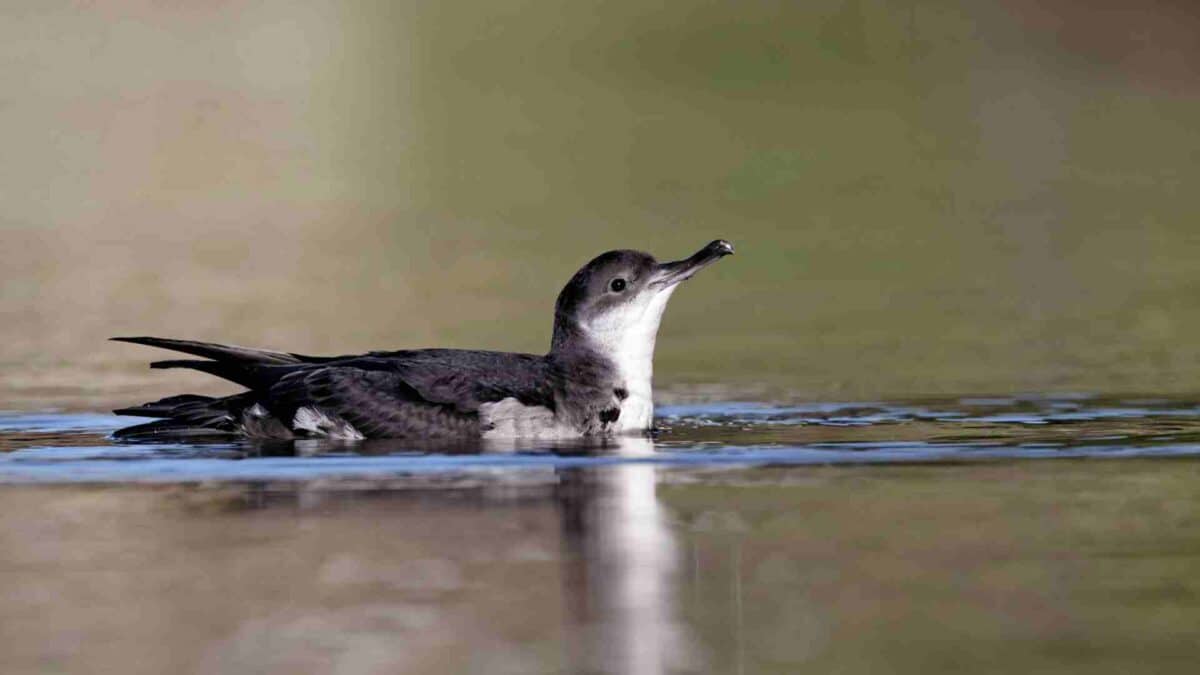
Andrew Kelly, CEO of BirdWatch Ireland, warned: “Climate change, overfishing, plastic pollution and human disturbance are pushing seabirds to the brink. Without urgent government action to protect their habitats, these iconic species face a dire future.”
The findings are based on cutting-edge scientific analysis, combining state aerial surveys and seabird tracking data, alongside broad consultations with experts and industries, including offshore wind developers.
Ariel Brunner, Director of BirdLife Europe and Central Asia, urged: “The data is clear. The government must act now to safeguard Ireland’s seabirds by legally protecting these sites and managing human activities that threaten them.”
With renewable energy expansion underway, Oonagh Duggan of BirdWatch Ireland stressed the need for balance: “We must cut emissions without sacrificing biodiversity. Effective protection and planning are essential if Ireland is to lead on climate action and marine conservation.”
Share this WeathÉire story:



